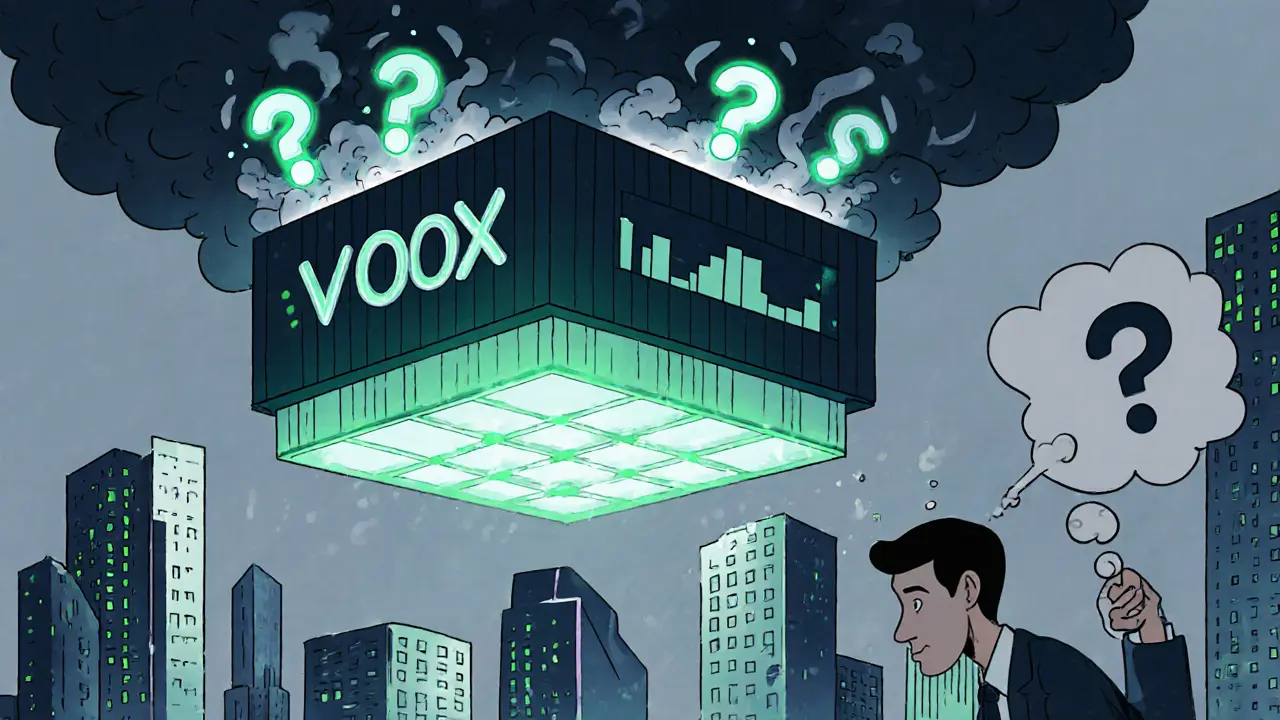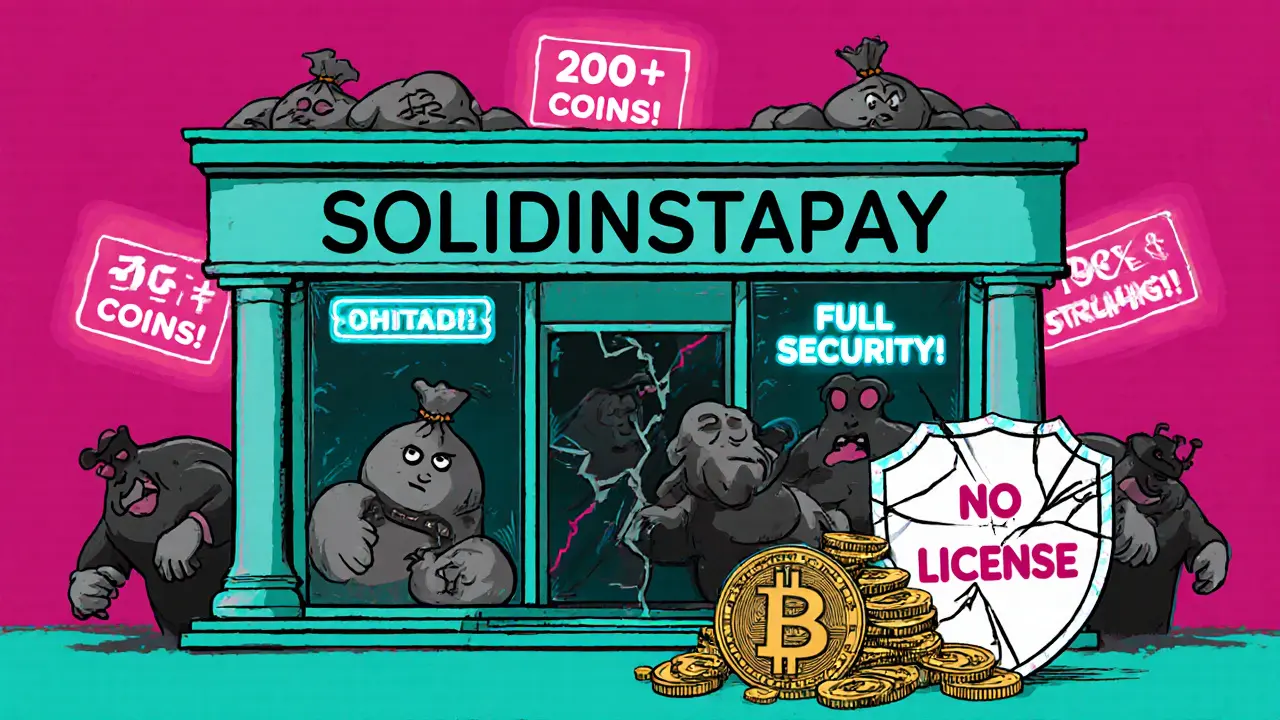Unregulated Crypto Exchange: Risks, Real Platforms, and How to Stay Safe
When you hear unregulated crypto exchange, a platform that lets you trade cryptocurrency without identity checks, government oversight, or legal accountability. Also known as no KYC exchange, it’s the wild west of crypto—no rules, no safety nets, but plenty of speed and privacy. That sounds appealing if you hate forms, fear banks, or live in a country that bans crypto. But here’s the truth: most unregulated exchanges aren’t platforms—they’re traps.
Some unregulated crypto exchanges are real, like Tokenlon, a decentralized exchange built on Ethereum with no KYC and flat fees, or Merchant Moe v2.2, a zero-fee DEX on the Mantle Network. They’re used by experienced traders who understand the risks and value speed over security. But then there are fake ones—like FutureX Pro, a site claiming to be FinCEN-approved with no KYC, but with zero proof, no reviews, and every red flag imaginable. These aren’t exchanges. They’re wallets designed to drain your funds the second you connect them.
Why do people still use unregulated crypto exchanges? Because in places like Tunisia, Nigeria, or Iran, there’s no other way. Citizens bypass banking bans with P2P crypto, peer-to-peer trades using USDT and apps like Binance P2P, often through VPNs. It’s not about freedom—it’s about survival. But even then, the line between a risky tool and a total scam is razor-thin. A platform with no KYC doesn’t mean it’s trustworthy. It just means it doesn’t care if you lose everything.
There’s a big difference between privacy and anonymity. Decentralized exchanges like DODO on BSC or SundaeSwap on Cardano give you control without needing to hand over your ID. But platforms that brag about being "unregulated" while pushing high-yield fake staking or promising instant withdrawals? Those are the ones that vanish overnight. The ones you’ll read about later in this collection—like QB crypto exchange, Ostable, or EDRCoin—are all dead ends. They’re not platforms. They’re ghosts.
You don’t need to avoid unregulated crypto exchanges entirely. But you need to know who’s behind them, what they actually do, and how to spot the ones that are just waiting for you to click "Connect Wallet." Below, you’ll find real reviews, scam warnings, and deep dives into platforms that walk that fine line between freedom and fraud. Some are tools. Others are landmines. This list helps you tell the difference—before it’s too late.

VOOX Exchange Crypto Exchange Review: AI Claims, Fees, and Regulatory Risks
VOOX Exchange promises AI-driven trading but lacks regulation, transparency, and real user engagement. Learn why its high traffic and inflated volume mask serious risks for traders.

SOLIDINSTAPAY Crypto Exchange Review: Is It Safe to Trade Here?
SOLIDINSTAPAY is an unregulated crypto exchange with no transparency, user reviews, or proof of funds. Avoid it - your money isn't safe. Use regulated platforms like Gemini or Uphold instead.
© 2026. All rights reserved.